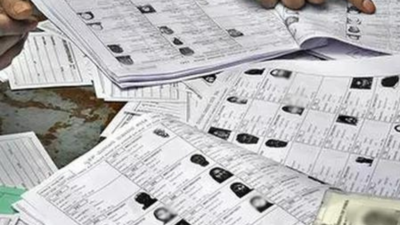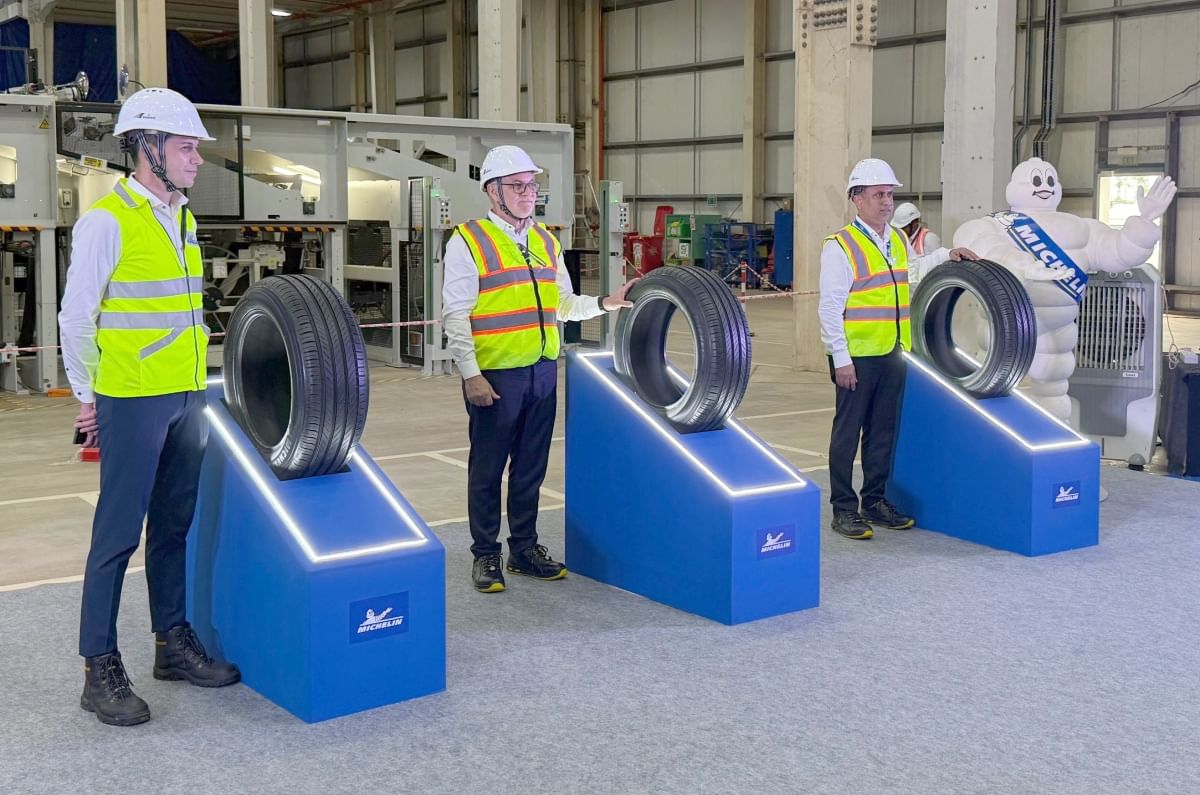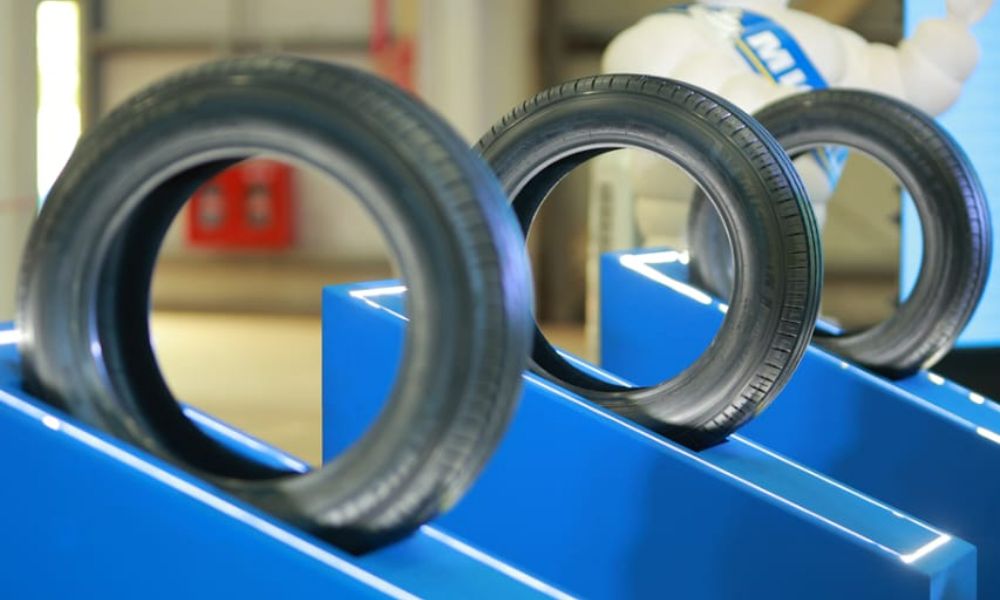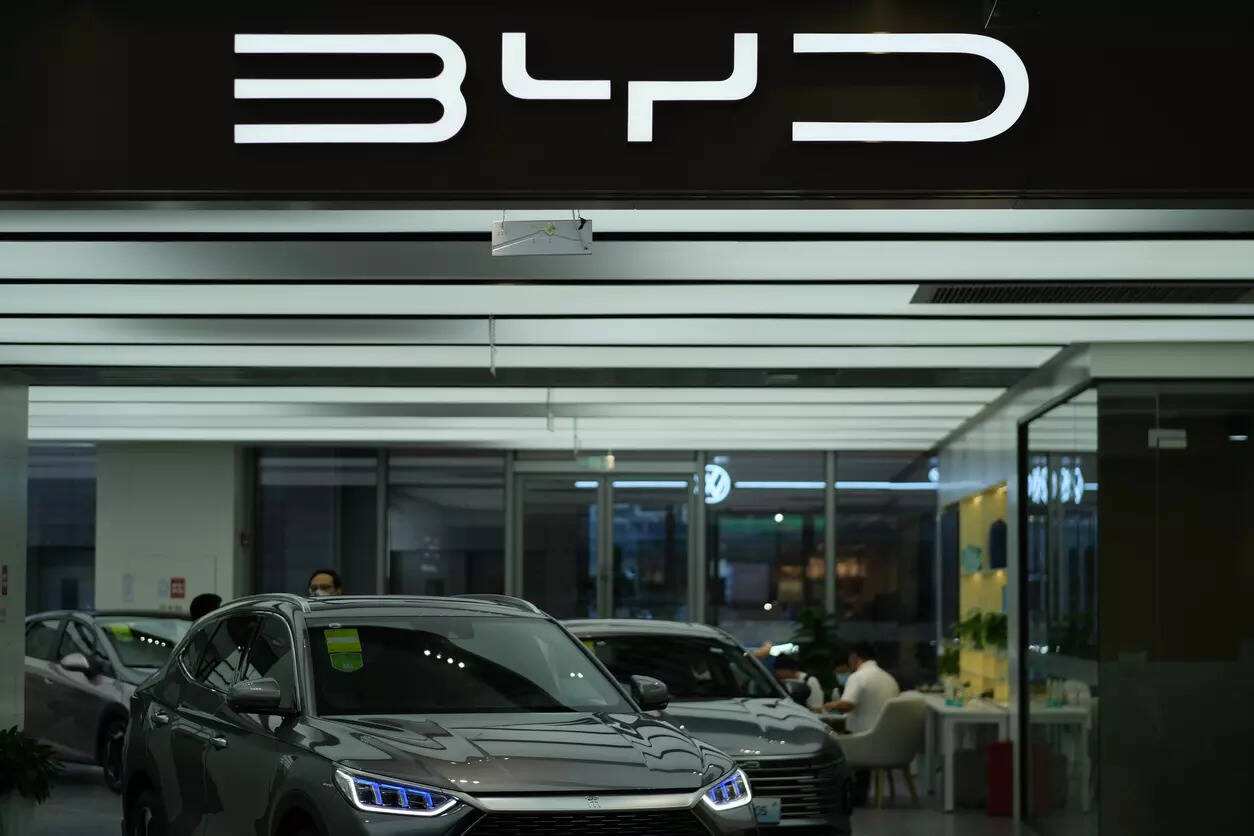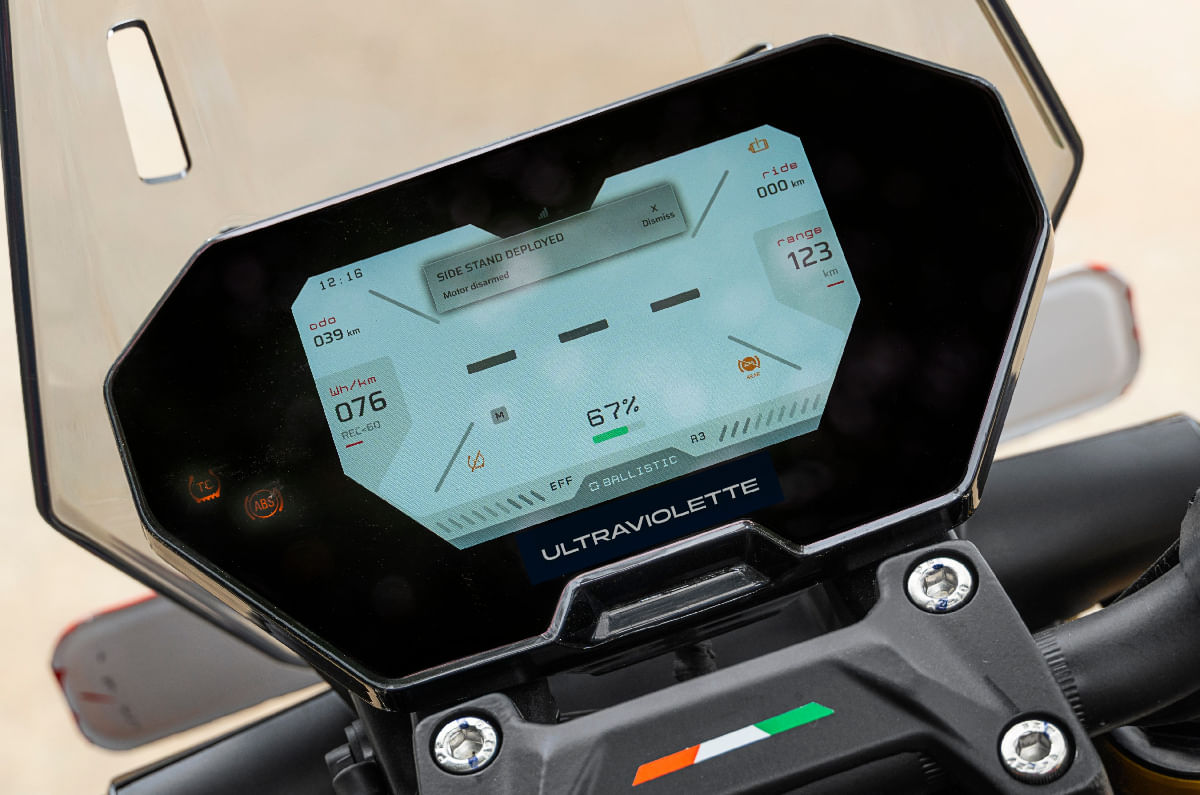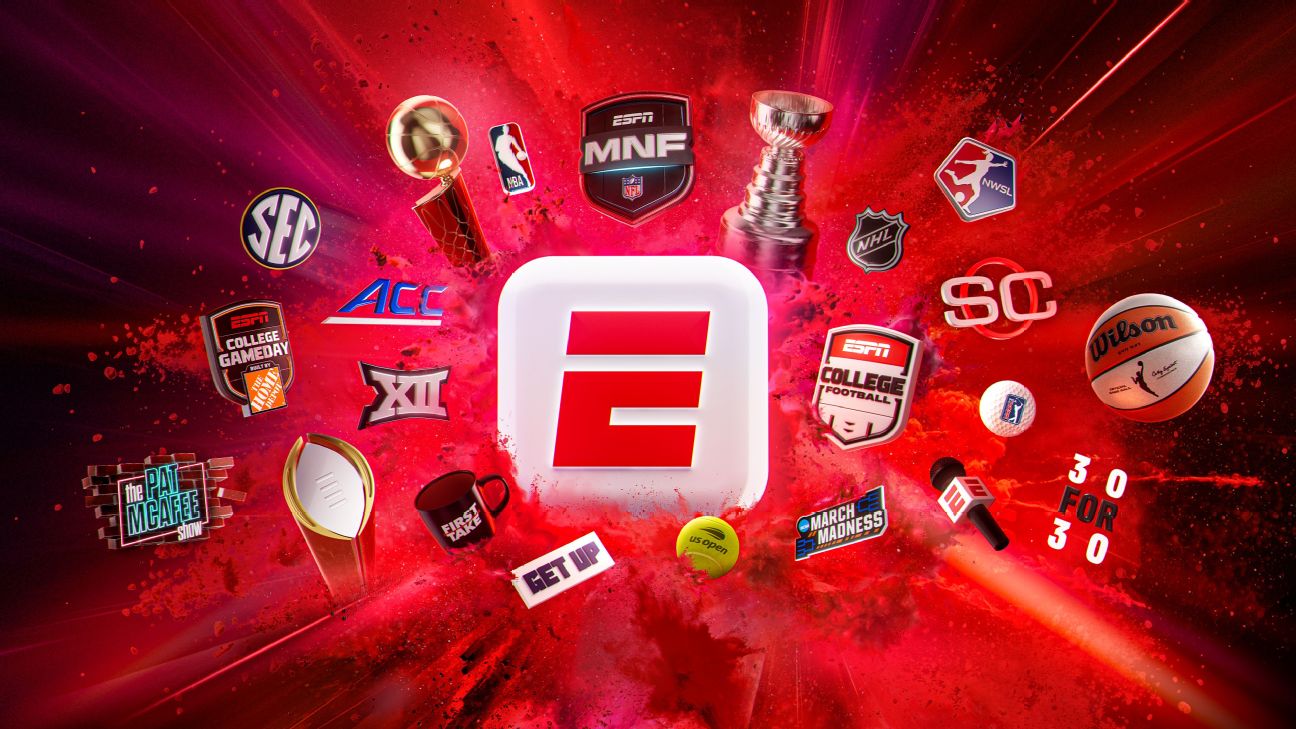Activision has warned PC gamers that they will not be able to play Call of Duty: Black Ops 7 during the beta and at launch if they do not enable TPM 2.0 and Secure Boot.
Like rival shooter Battlefield 6, TPM 2.0 and Secure Boot are required for Black Ops 7 to run on PC as part of strict anti-cheat measures. These features block modified hardware and unauthorized software, with the goal of creating a fair, secure environment for all players even as cheaters ramp up their efforts.
Indeed, Activision has said it’s well aware Call of Duty cheaters will hammer on the Black Ops 7 beta, insisting: “that’s exactly what we want.”
In a new blog postActivision suggested PC gamers enable both TPM 2.0 and Secure Boot now to be ready on day one, with the Black Ops 7 beta set to kick off on October 2 for those with early access, then October 5 in open beta form.
However, some Battlefield 6 players ran into issues enabling TPM 2.0 and Secure Boot, preventing them from playing on PC. Speaking to EurogamerBattlefield 6 technical director Christian Buhl lamented the situation. “The fact is I wish we didn’t have to do things like Secure Boot,” Buhl said.
“It does prevent some players from playing the game. Some people’s PCs can’t handle it and they can’t play; that really sucks. I wish everyone could play the game with low friction and not have to do these sorts of things.”
Enabling Secure Boot involves tinkering with a part of a computer not all PC gamers will be instantly familiar with: the BIOS. You need to make sure your Windows disk is GPT and not MBR (not everyone will know what these are), too. All this before you can even enable Secure Boot — and then you may not be able to enable it anyway, which then means you need to refer to your manufacturer for guidance. While this won’t be a problem for more experienced PC gamers, it will be an intimidating process for some.
Perhaps with this in mind, Activision has released guides to help Call of Duty players enable TPM 2.0 and Secure Bootincluding BIOS updates for the top 10 motherboard makers used by Call of Duty players.
“When Black Ops 7 launches on November 14, these requirements will combine with our newest RICOCHET Anti-Cheat upgrades,” Activision said. “At that point, we will introduce a remote verification system (known as Remote Attestation) to provide the strongest safeguard possible. This type of attestation is the most secure method of validation, more stringent than the client or local attestation methods found in other games, allowing us to validate TPM 2.0 and Secure Boot settings with Microsoft Azure servers in the cloud.
“This creates a tougher environment for cheats to operate in and ensures that the protections these features detect cannot be bypassed or spoofed, which would be possible if we used local verification on a player’s PC.
“Our layered defense that combines TPM 2.0, Secure Boot, and RICOCHET Anti-Cheat’s upgraded detection systems delivers our most advanced anti-cheat protection yet, safeguarding fair play across Call of Duty.”
Activision continued: “We’re setting a new standard for gaming security. TPM 2.0 and Secure Boot are not optional; they are the foundation of our multifaceted defense system, and with your help, they ensure a fair and secure experience for everyone.”
Call of Duty has a reputation for cheating, especially with the free-to-download battle royale Warzone. Activision has spent a significant amount of time, money, and energy in response, even taking on cheat makers in court, although it, like all video game developers, faces an uphill battle in the war on cheaters.
And Activision knows cheaters will descend upon the Black Ops 7 beta (despite it being a beta, it happens with Call of Duty every yearand indeed the Battlefield 6 beta suffered the same fate). In the blog post, Activision welcomed the onslaught that is to come.
“Cheaters will try to test the limits during the Beta. That’s exactly what we want because #TeamRICOCHET is here, watching, learning, and removing them as they appear,” Activision said. “Any account permanently banned for cheating during the Beta will be banned across all Call of Duty titles, from Call of Duty: Modern Warfare to future releases.”
It’s worth noting that Activision has highlighted its new aimbot detection, which it said is “one of the strongest detection systems we have ever built,” and its new wall hacking detections, “making it harder for cheaters who manipulate the game to see enemies through surfaces harder to escape detection.”
Check out all the Call of Duty: Black Ops 7 multiplayer details announced so far to find out what to expect.
Wesley is Director, News at IGN. Find him on Twitter at @wyp100. You can reach Wesley at wesley_yinpoole@ign.com or confidentially at wyp100@proton.me.







